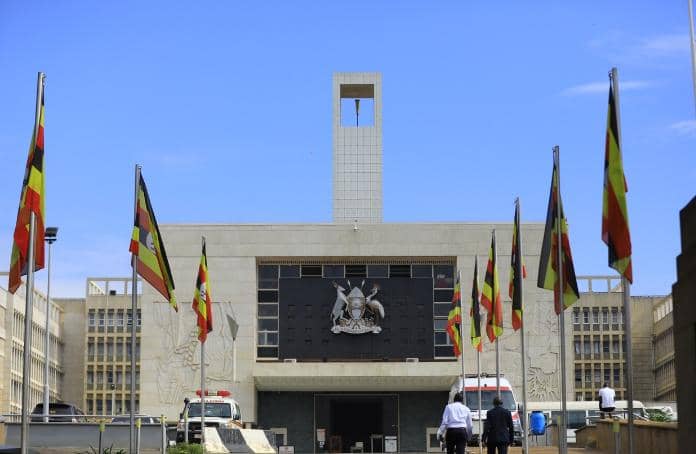
 Tiger FM
Tiger FM

 Tiger FM
Tiger FM
7 April 2025, 9:42 am
By Ronald Ssemagonja
The 1995 Constitution of the Republic of Uganda, under Article 31, grants individuals the right to marry. It states:
(1) A man and a woman are entitled to marry only if they are each of the age of eighteen years and above, and are entitled at that age—
(a) to found a family; and
(b) to equal rights in and at marriage, during marriage, and at its dissolution.
It is against this background that the District Woman Member of Parliament for Tororo, Hon. Sarah Opendi, expressed her intention to amend certain existing marriage laws. Parliament granted her leave to introduce the amendments, and at the time of writing this article, the bill is currently at a particular stage in the legislative process.

The Bill begins by stating its principal objective, which is to reform, repeal, and consolidate the legal framework governing marriage in Uganda. It aims to provide for recognised marriages in Uganda, the registration of marriage, and other aspects such as property rights, among others. The Bill takes into account several studies on the dissolution of marriage in Uganda, including the Commission of Inquiry into Marriage, Divorce, and the Status of Women (Kalema Report) of 1965. It also considers the FIDA U Report on the Draft Domestic Relations Bill (1980), the Marriage and Divorce Bill (2009), and the Ministry of Women in Development, Culture, and Youth Report on the Draft 1980 Domestic Relations Bill, as well as numerous consultations with various stakeholders undertaken over time.
According to the Bill, the proposed Marriage Act of 2024 seeks to reform and consolidate the law relating to civil, Christian, Islamic, Hindu, and customary marriages. It also aims to regulate Baha’i marriage, define the types of recognised marriages in Uganda, and provide for marital rights and duties, as well as the separation and dissolution of marriages, among other related matters. The Bill states that civil marriage shall be potentially polygamous and celebrated in designated marriage districts. However, a civil marriage contracted before the Act comes into force shall continue to exist as a monogamous marriage and can be solemnised in the office of the district registrar, to whom a notice of marriage must have been given, or at a place approved by the Registrar General.
The Bill further specifies that Christian marriage shall be monogamous, contracted between one Christian man and one Christian woman for life, to the exclusion of others. It shall be celebrated openly, with the consent of the parents, in a public place of worship or at a location approved by the Registrar General. The marriage must also adhere to the customs, rites, and practices of the church, organisation, or denomination to which the place of worship belongs. Customary marriage shall be potentially polygamous, solemnised according to the customs, traditions, and rites observed among the indigenous communities recognised under the Constitution of the Republic of Uganda, and solemnised within the locality of the sub county where the notice of marriage was issued.
Islamic marriage, according to the Bill, is potentially polygamous and shall be celebrated upon the fulfilment of the conditions specified in the Fourth Schedule to this Act. For Hindu marriages, the Bill stipulates that they shall be solemnised according to the customs and rites observed among the religious sect of one or both of the parties involved. If there is an objection to the intended marriage, the Bill specifies that the objection must be made to the registrar of marriage, who is mandated to act accordingly.
Pastor Moses Mulumba of the Christianity Focus Centre in Nabbingo states that there are aspects of the Bill with which they disagree, such as allowing a Christian to have more than one partner, as this is not permitted by the Bible. Dr Nassanga Shakira, a professional doctor, argues that Parliament should seek public opinion before amending the existing laws, rather than acting on proposals from a select group of leaders in their committees, as many of them, according to her, are self-interested. Others have expressed the view that there is no urgent need to amend the marriage laws.